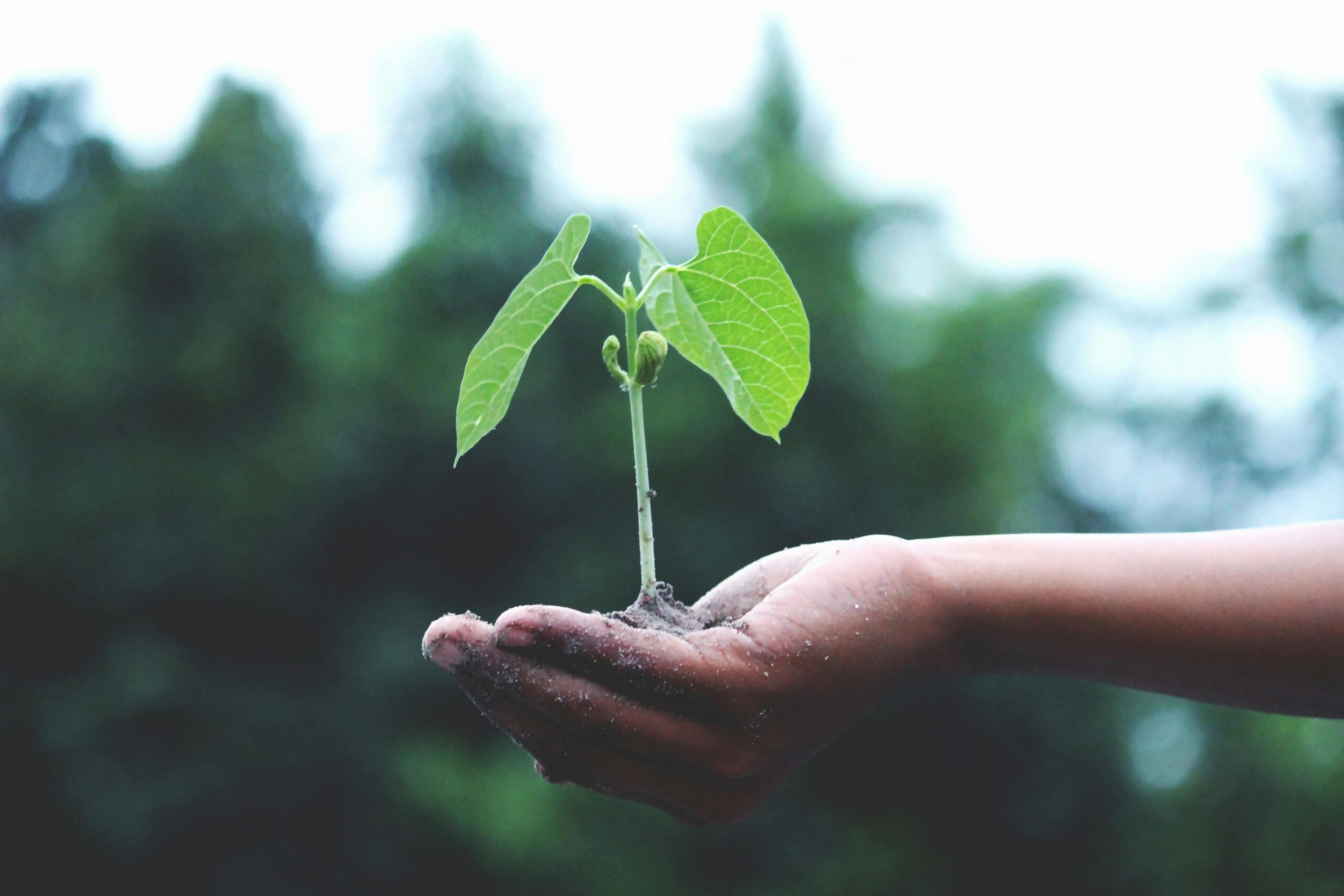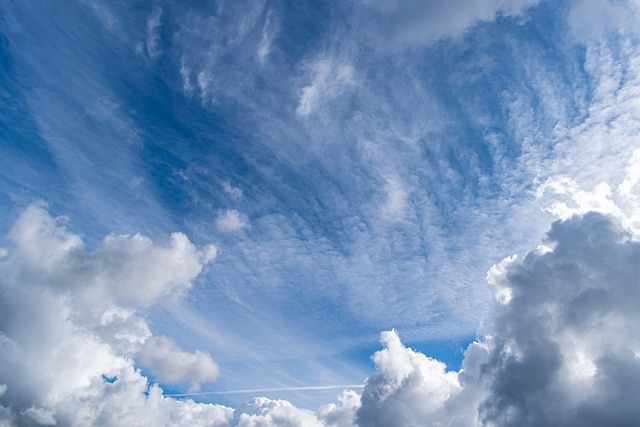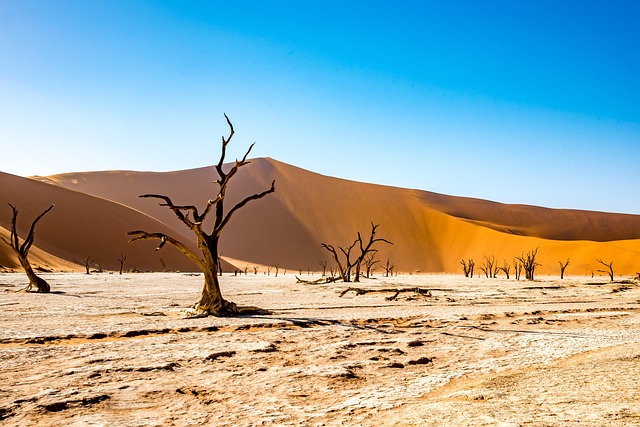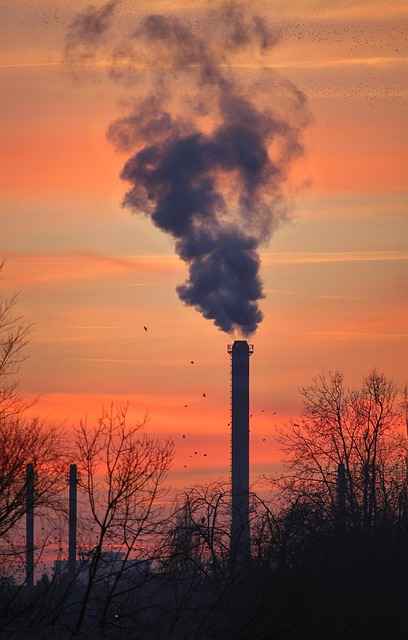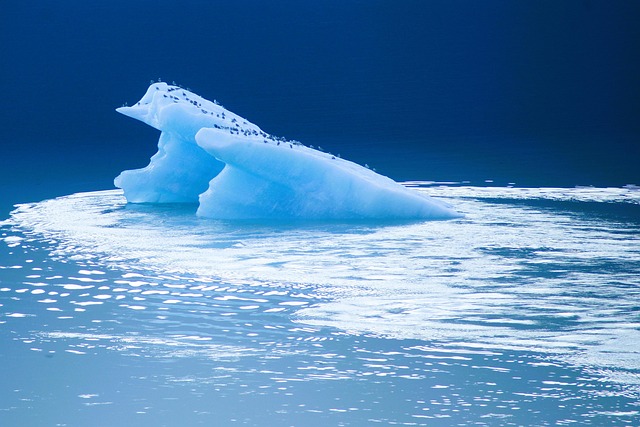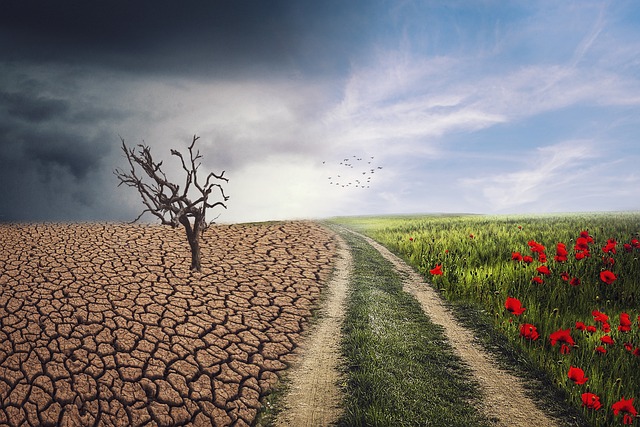
Climate change
Wildfires naturally have a strong connection to drought, as dry conditions make vegetation more flammable.
In the context of climate change, this problem is worsening. Rising temperatures, extreme heat waves, strong drying winds, and longer, more frequent droughts cause vegetation to dry out faster, making it more prone to intense fires and leading to larger, more severe wildfires.
Climate change news
An unprecedented and remarkably vast marine heatwave is currently occurring in the Pacific Ocean, spanning roughly 5,000 miles from the waters near Japan to the western shores of the United States.
This unusually warm “blob” of ocean water, intensified by human-driven climate change, is influencing weather patterns on land and may have cascading impacts on marine ecosystems.
What is climate change
“Climate Change” means large, long-term shifts in weather patterns all over the planet. Global warming is a major factor—it’s like the Earth’s atmosphere trapping more heat from the sun and becoming warmer.
You can imagine it like this: normally, the Earth’s atmosphere works like a comfortable blanket, keeping the planet at the right temperature. But recently, human activities have added an extra layer, making the planet too hot.
Climate change definition
Global warming is among the most urgent challenges confronting humanity today. Largely fueled by human actions, especially the consumption of fossil fuels, it is causing Earth’s temperatures to increase, resulting in serious environmental, economic, and societal effects.
Despite these challenges, there is reason for optimism. Clean energy sources provide a lasting solution that can reduce the effects of global warming while fostering a healthier and more sustainable planet.
Is climate change real?
Is climate change real? Research indicates that both natural processes and human activities contribute to current changes in the climate.
Climate change refers to the recurring alterations in Earth’s climate caused by shifts in the atmosphere and the interactions between the atmosphere and various geological, chemical, biological, and geographic components of the Earth system. All organisms react to climate conditions and fluctuations in climate, even when these changes are minor or short-lived.
What causes climate change
Climate change is fundamentally linked to what scientists call the greenhouse effect, which describes how certain gases in the atmosphere capture heat that would normally escape from the Earth’s surface into space.
At the same time, the greenhouse effect is essential for life on our planet; without it, Earth would be too cold to support living organisms.
Best climate change
The climate of the Canary Islands is often regarded as the most ideal in the world, due to its consistently mild and enjoyable temperatures throughout the year.
In addition, rainfall is infrequent across the islands, and they enjoy the highest number of daily sunshine hours in Europe. These conditions create a truly wonderful environment with a feeling of ‘perpetual spring,’ where a t-shirt is enough to stay comfortable any month of the year.
Effects of climate change
Climate change poses the most serious threat to our planet’s survival. If we fail to curb greenhouse gas emissions from fossil fuel use, rising global temperatures could trigger widespread crop and fishery failures, the extinction of countless species, and render entire communities unlivable.
Although these disasters might still be preventable, climate change is already inflicting harm and loss of life. From devastating wildfires to intensified storms, its escalating impacts are being felt today, right beyond our own windows.
Climate change 2025
This article highlights significant occurrences, research discoveries, scientific and technological progress, and human initiatives aimed at monitoring, forecasting, reducing, and adjusting to the impacts of global warming and climate change in 2025.
At this point, scientific denial is no longer feasible, given all that has occurred in recent years. Instead, the shift has moved toward rejecting the idea that economic actions to combat climate change can benefit both the economy and society.
Climate change articles
Nearly one-third of the world’s coastlines lie within the Arctic, a region experiencing some of the fastest rates of warming on the planet. This rapid change is driving major environmental shifts that affect both land and sea.
Traditionally, Arctic research has focused on terrestrial areas and open-ocean systems. However, there is now an urgent need to study the unique challenges posed by its changing coastal ecosystems.



